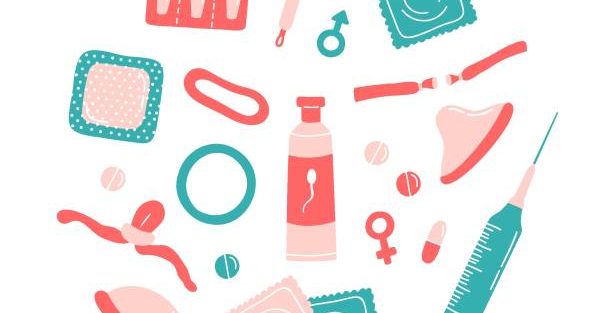World Contraception Day is an opportunity to highlight the importance of family planning and contraception in empowering individuals, especially women and girls, to make informed decisions about their reproductive health. This year’s theme, “A Choice for All,” underscores the universal right to access contraception and the crucial role it plays in enhancing health outcomes, reducing gender inequalities, and fostering economic development. Yet, despite its recognized importance, millions of women and girls worldwide continue to face barriers in accessing contraception services, limiting their ability to exercise their reproductive rights.
The Power of Choice
Contraceptive use reduces maternal mortality by preventing unintended pregnancies, which are often associated with unsafe abortions and high-risk births. For adolescents, in particular, contraception allows them to delay childbearing until they are physically, emotionally, and financially ready, reducing the risk of complications during pregnancy and childbirth.
It also offers women and girls the ability to control their reproductive health, which directly impacts their overall well-being, education, and economic opportunities. If women plan their pregnancies, they are more likely to pursue higher education, participate fully in the workforce, and contribute to the economy of their families and communities.
Women who make decisions about their reproductive health have greater autonomy, enhanced leadership roles, and can negotiate their rights within families and communities. Providing them with access to a range of contraceptive methods ensures that they can choose what works best for their health and life plans, fostering gender equality and breaking cycles of poverty.
Addressing Barriers to Contraception Access and Utilization
Despite the clear benefits of contraception, women and girls especially those in marginalized communities continue to face numerous barriers to accessing and utilizing these services. These barriers include cultural stigmas, inadequate education on contraception leading to myths, lack of adequate healthcare infrastructure, and high costs of contraceptives. In some communities, contraception is viewed as a taboo, particularly for unmarried women and adolescents, leading to fear of judgment or punishment for seeking contraceptive services. Additionally, misinformation about contraceptives contributes to low utilization rates, with many women unaware of the full range of options available and harbouring misconceptions about side effects.
Some healthcare providers also play a critical role in impeding access to and utilization of contraception. In many cases, providers lack the necessary training to offer non-judgmental, comprehensive reproductive health services, leaving women feeling unsupported and unheard.
It is essential to strengthen health systems to provide accessible, affordable, and youth-friendly contraception services, ensuring that women and girls can exercise their reproductive rights without fear, discrimination, or financial burden.
The Call to Improve Access and Utilization
Improving access to contraception for women and girls is not just a health issue but the fulfillment of human rights. Governments, civil society, and global health stakeholders must collaboratively work to ensure that the sexual and reproductive health and rights of women and girls, including contraception access and utilization are integrated into Universal Health Coverage (UHC), using Primary Health Care (PHC) as the pathway. This means investing in comprehensive sexual and reproductive health education, expanding the availability of contraceptive options, and creating enabling environments where women and girls can access these services with dignity and respect.
Community-based interventions and initiatives including activities that engage traditional leaders and influencers can play significant roles in shifting cultural perceptions around contraception. Peer education and the involvement of adolescent champions are crucial in raising awareness about family planning, addressing myths, and encouraging positive behavioural change among young people.
Efforts should include making contraceptive services more accessible to rural, underserved, and hard-to-reach communities, where healthcare infrastructure is often limited and women face greater obstacles in accessing reproductive health services.
Conclusion
On 2024 World Contraception Day, we reaffirm the right of every individual, particularly women and girls, to access and use safe, effective, and affordable contraception. Contraception is a choice that should be available to all who need it. By improving access to and utilization of contraception services, women and girls are empowered to take charge of their reproductive health, gender disparities are reduced, and healthier, more equitable communities are built.
We must commit to creating a future where every woman and girl can exercise their right to choose, when, and how many children they want to have because contraception is more than a health service. It is a right that can shape lives, futures, and societies.



